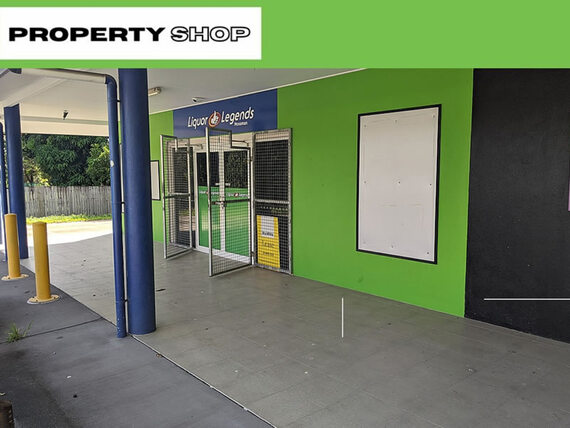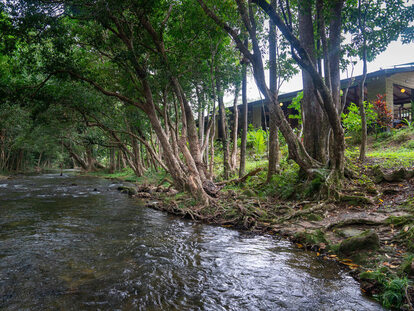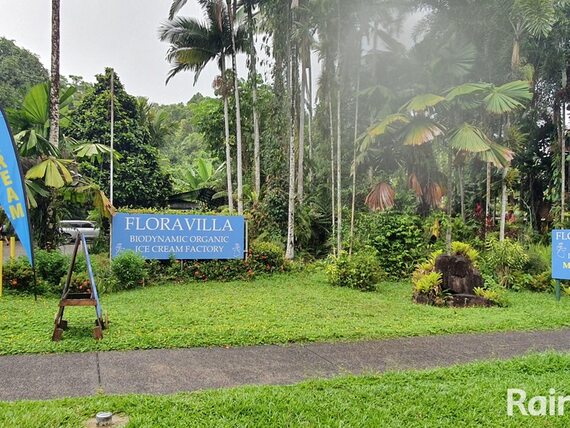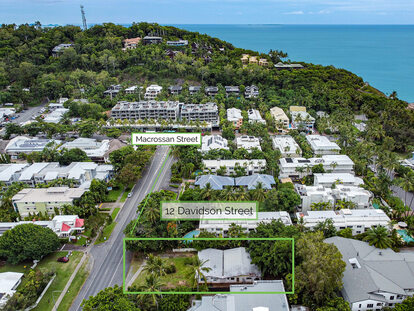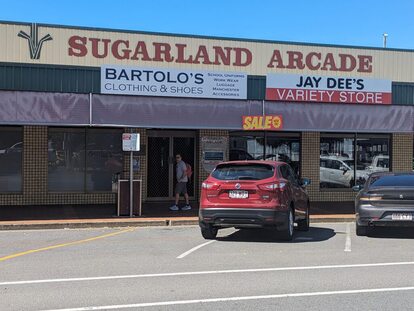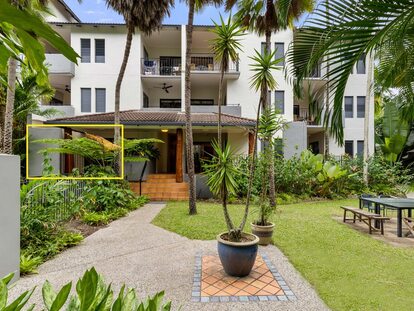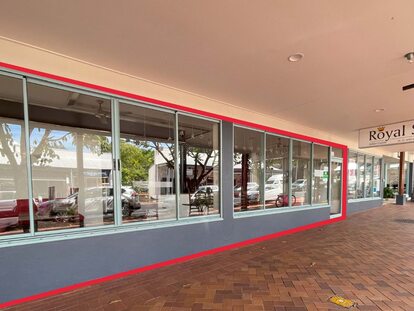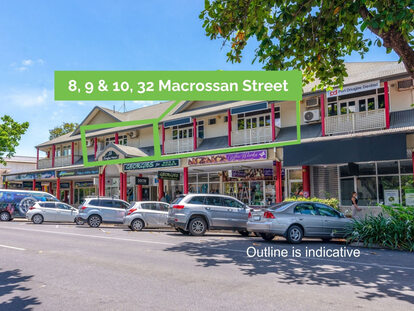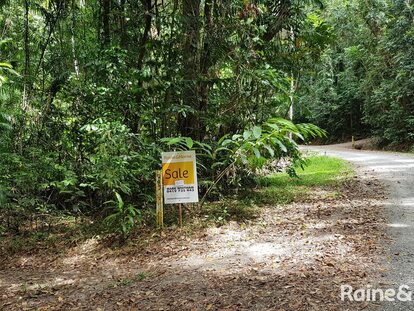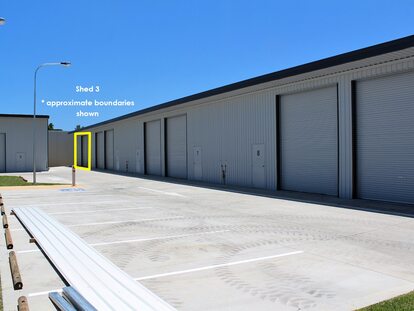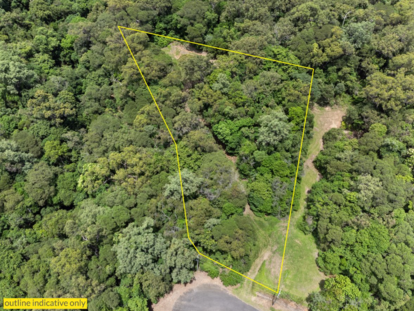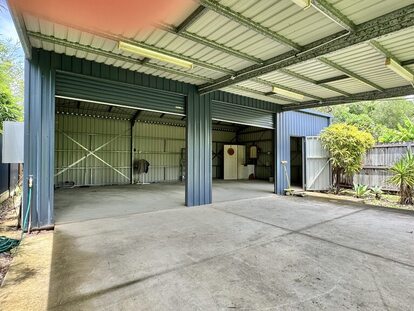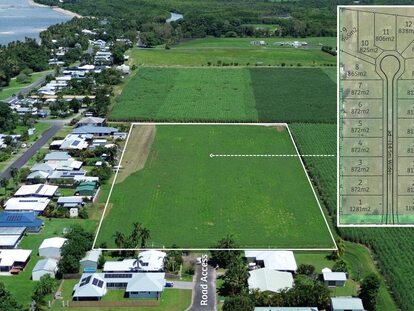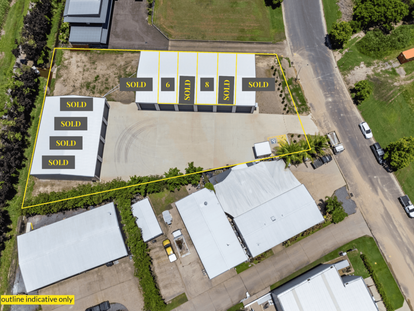OPINION | Policy gridlock not permanent
OPINION
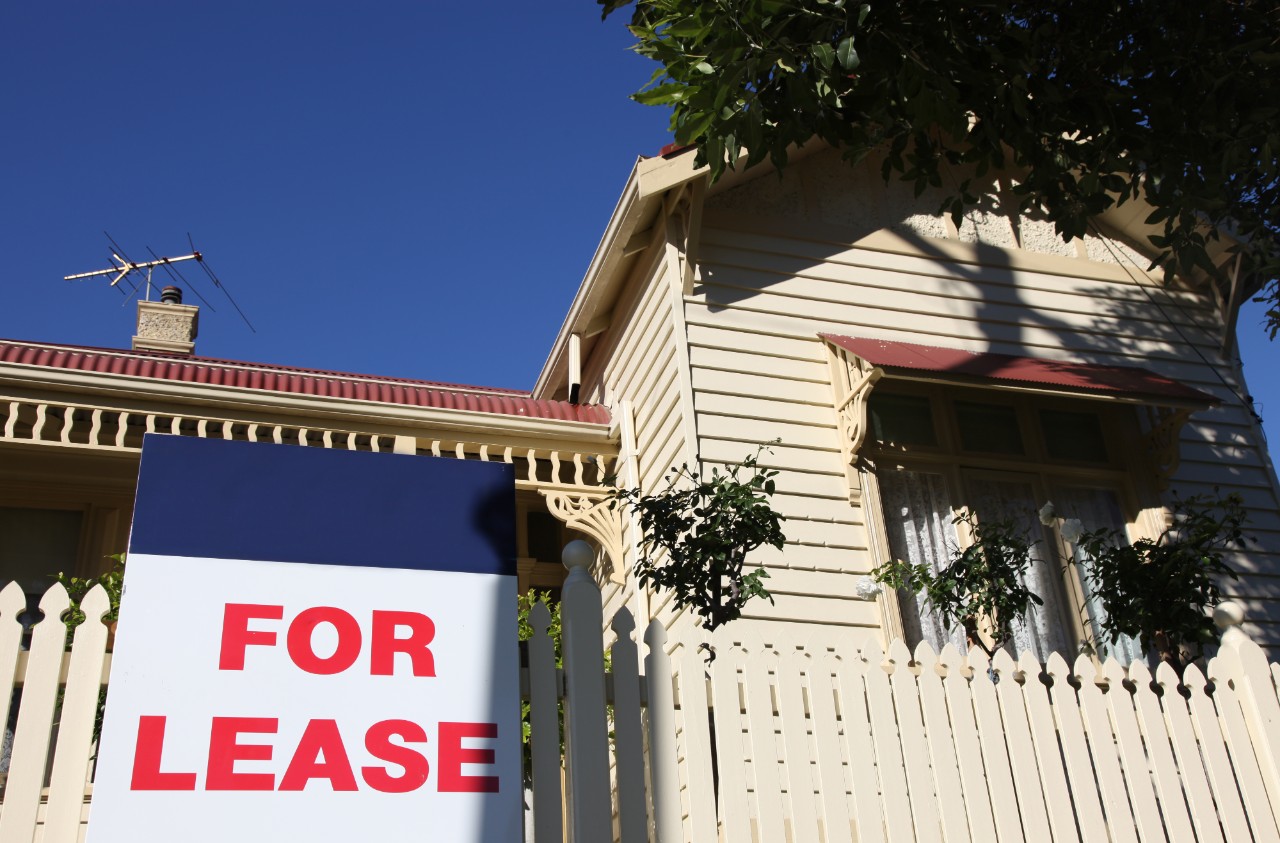
Then Treasurer Peter Costello once said that the best way to improve the Budget bottom line in welfare is not to start the programs in the first place because once begun, they are too hard to unwind. The same might be said about tax breaks.
Last month, Labor abandoned reversing the Howard-Costello cash-back franking credits on share dividends for people who pay no income tax in the first place. Now, Labor is on the verge of also abandoning the reining in of negative gearing and concessions on capital-gains tax.
And this month, the Coalition dropped its attempt to change the better-off-overall test (BOOT) from enterprise bargaining, no doubt concerned about a union-led scare campaign similar to that against Work Choices in 2007.
Does this mean that it has become impossible to do any significant reform, especially to inject some fairness into the tax system to end spiralling inequality and to reform a housing market that serves investors not inhabitors?
It looks that way, certainly for the immediate future. Worse than that, even proposing sensible, very long-term “grandfathered” changes that could right the system in a decade or two are also out of the question because any proposed change whatever will inevitably be turned into an election-winning scare campaign.
Scare campaigns have invariably been effective in Australian politics. “The communists are coming” kept the Coalition in power for two decades in the 1950s and 60s. “Mediscares” have given Labor a good run as did the GST in 1993 and again in 1998. Taxes (carbon, negative gearing, franking credits) gave the Coalition a leg up in 2010 and 2013 and again in 2019.
Some scare campaigns have been built upon complete fabrications of what the other side intends to do, such as the Coalition’s scare that Labor would introduce death duties when it had no such policy.
But total despair is unwarranted. There seems to have been a sort of policy sine curve in Australian politics in the past half century.
Every 10 to 12 years or so an Opposition gets some spine and proposes a broad gender of reform.
It has happened four times in the past half-century: 1972, 1983, 1993 and 2007. Three were successful.
In 1983, Bob Hawke brilliantly turned around Malcolm Fraser’s scare that, if Labor were to be elected, the only way for voters to keep their money safe would be “under the bed”. Hawke retorted that it would not be safe there because that’s where the communists are hiding.
To explain the sine curve, perhaps one or other major party realises after a time (10 to 12 years) that voters slowly get turned off by small-target, scare-campaign politics tactics and yearn for vision and leadership. Or it happens after one party has been in power for a long time. Not long enough for Bill Shorten.
But until that happens, present tax policies mean property prices will keep going up, shutting out ever more first-homebuyers and driving an ever-higher percentage of people into the rental market.
Of course, any chance of seeing property taxes and capital gains tax on the principal residence is a pipe dream.
That being so, the only way to inject a little fairness in the meantime will have to come through state and territory governments. That has certainly been the case with climate action.
For some time now, renting has not been just a short-term hiatus in the transition to home ownership. Home ownership is now permanently out of reach for those without parental help or a very high income.
Tenancy law should be changed to reflect that. Many states and territories have made some small attempts with laws permitting pets and wall hangings irrespective of landlords’ wishes.
But more is needed on security of tenure. The ACT is proposing an end to without-cause termination of leases. Other jurisdictions should follow.
But they should go further. Leases should be categorised into “investment” leases and “principal-residence” leases. In the case of the latter, the tenant would know the owner will eventually return to live in the property.
In the case of the former, landlords should not just be able to terminate leases because they are selling. Perhaps there should be a landlord-bond system to compensate tenants when landlords sell to owner occupiers denying the tenant continued occupancy.
With so many people renting for so long, maybe leases should be longer than one year. Leases should have options to renew, like commercial leases. The landlord should have to pay if they want the tenant to surrender the renewal option.
Further, it might also be an idea to make landlords supply a set amount of electricity to tenants under residential leases. At present there are no incentives for landlords to upgrade properties with solar panels, better insulation, or other efficiency measures and tenants invariably have higher energy bills than owner-occupiers.
Expect the usual squeals from the property industry. But politicians should understand the underlying arithmetic. The trend has been for more renters, who only lease one property at a time. The trend has also been for more landlords, but not one landlord for every property. The trend is for more landlords to have more than one property.
It means the number of renters is going up faster than the number of landlords.
Moreover, as more people rent, their average age, income and education profile is changing. They are becoming more articulate and organised.
“I rent and I vote” may well become a significant slogan. In 2019, a visceral cohort of property and franking beneficiaries changed their votes because of Labor’s tax proposals.
Before long, however, equally disenchanted tenants may form a vote-changing cohort that political parties will have to recognise.
That would be an example of how the Australian polity moves from small targets and scare campaigns to significant vision and reform as in 1972, 1983, 1991 and 2007.
--------
Crispin Hull is a current columnist and the former Editor of the Canberra Times.
Thank you!
Newsport thanks its advertising partners for their support in the delivery of daily community news to the Douglas Shire. Public interest journalism is a fundamental part of every community.
Got a news tip? Let us know! Send your news tips or submit a letter to the editor here.
* Comments are the opinions of readers and do not represent the views of Newsport, its staff or affiliates. Reader comments on Newsport are moderated before publication to promote valuable, civil, and healthy community debate. Visit our comment guidelines if your comment has not been approved for publication.











